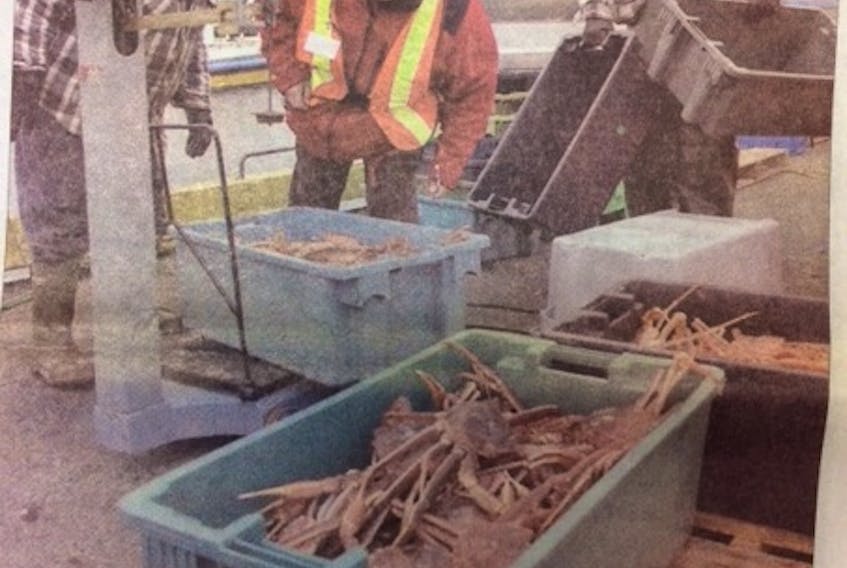About 40 per cent of Canada’s fish harvesters will soon reach retirement age, which places a “serious limitation” on the economic growth potential in the fishing industry, a national study has found.
The Canadian Council of Professional Fish Harvesters (CCPFH) announced Thursday it has completed its Fisheries Labour Market Information Study, which came to a number of important conclusions.
Some of those include:
• With declining and aging populations in most coastal and rural regions, and with about 40 per cent of the current fisheries labour force — both enterprise owner-operators and crew — now reaching retirement age, there will be a serious limitation on the industry’s economic growth potential due to critical shortages in skilled labour.
• Meanwhile, with expanding global demand for seafood products, the commercial fishing industry in Canada faces a bright future as a leading economic growth driver, outperforming other agri-food sectors in rates of increase in business revenues and value of exports.
• The rapidly rising market value of fishing licences and quotas is a barrier to intergenerational transfers and a serious constraint on attraction and retention of career-minded new entrants. This trend also threatens the Government of Canada’s renewed commitment to owner-operator and fleet separation policies in Atlantic fisheries.
• About 40 per cent of Canadian fish harvesters work in other jobs to support themselves and their families during non-fishing seasons. Given looming labour shortages across rural economies, there are opportunities to encourage more such “occupational pluralism” to make employment in seasonal industries more attractive and rewarding.
• Meeting these labour supply challenges will require extraordinary efforts, innovative approaches and expanded collaboration by and among employers, industry organizations, training institutions and government agencies.
The report identifies and elaborates on several broad strategic directions: innovations in fleet structures and fisheries management policies and planning to improve enterprise viability; extend fishing seasons and enhance capacities to compete for new labour supply; concerted efforts to inform young people in rural regions and other potential new entrants (e.g., Indigenous youth, international immigrants, etc.) about expanding career opportunities in the fishing industry, to increase training and apprenticeship opportunities, and to improve access to capital for intergenerational transfers of fishing enterprises; innovations in education, training and labour market information programs, and in Employment Insurance policies, to facilitate occupational pluralism for fish harvesters in ways consistent with current licensing policies and professionalization standards.
“The CCPFH Labour Market Information Study is a first major step to address the serious human resources challenges we face across the sector,” said CCPFH president Jean Lanteigne. “The council is now well positioned to collaborate with industry, government, community and Indigenous partners to develop and implement labour force renewal strategies.”
The full report, ancillary reports and appendices of the Labour Market Information Study are available for download on the CCPFH’s website.









